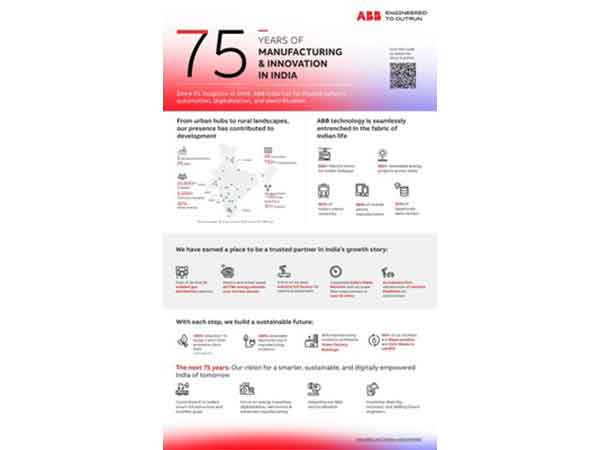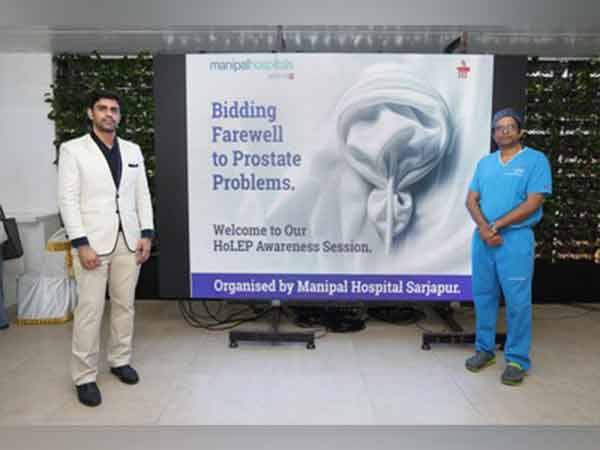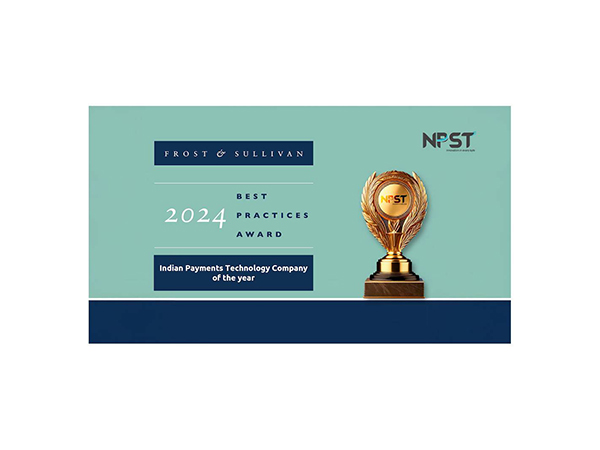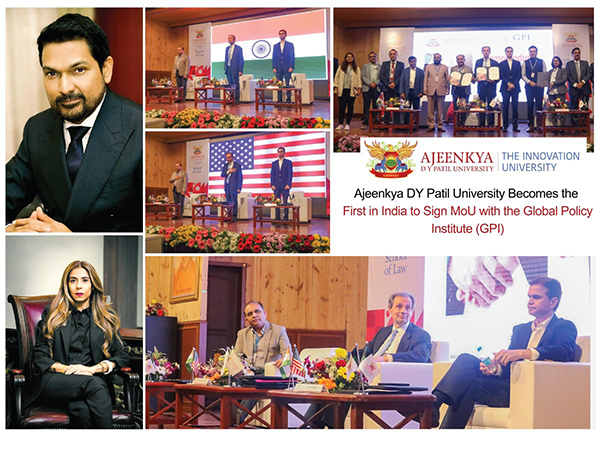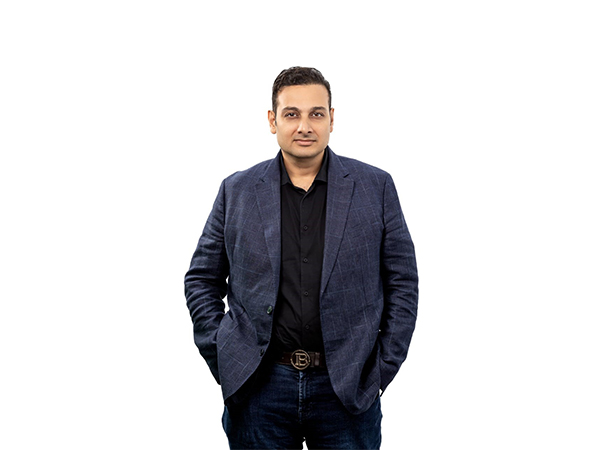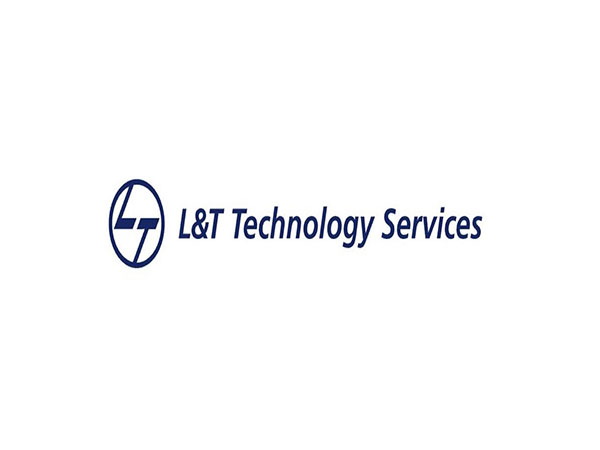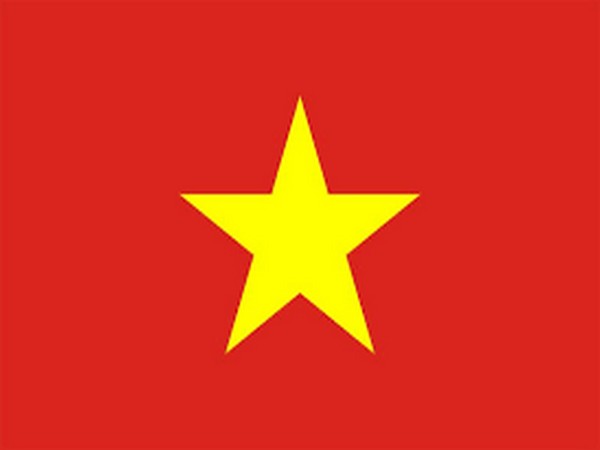
Vietnam needs to develop high-tech products
Sep 23, 2023
Hanoi [Vietnam], September 23: This is the opinion of American economic experts during the policy discussion with Prime Minister Pham Minh Chinh yesterday in New York (USA).
"I myself listened and took notes very carefully. There were many opinions, but in the end they were recommendations on how to make Vietnam develop sustainably," Prime Minister Pham Minh Chinh sincerely expressed to the visiting professors . from Harvard Kennedy University, Columbia University and Yale University in this policy discussion.
What should Vietnam do to take advantage of this great opportunity?
Professor Thomas Vallely, Director of the Vietnam Program, Harvard Kennedy School, commented that Vietnam is one of the fastest and strongest economically integrated countries in the world. "Therefore, current geopolitical fluctuations in the world will increase the costs of Vietnam's growth process. In that context, what should Vietnam do? Vietnam has the ability to attract a lot of people." high investment shift. Vietnam will no longer have an advantage in investments with low technology content. Therefore, the responsibility is that Vietnam will have to further increase high technology content in production activities, must increase so that Vietnam has higher value in the global supply chain," Professor Thomas said.
So how can Vietnam further increase high-tech content in production activities? According to Professor Anthony Saich, Director of the Rajawali Institute for Asian Studies, Harvard Kennedy School, Vietnam must focus on investing in education and training. "Vietnam must train high-quality human resources for the existing force, must improve their skills and qualifications first, not expand. If you look at India in the 1970s - 1980s, it focused on training "Information technology engineers, currently they have a large number of information technology and IT engineers in the world and currently they are continuing to focus on AI training," Professor Anthony analyzed. According to Professor Anthony, Vietnam should focus on training for the energy and electricity industries, because it will greatly impact production costs in general. "Vietnam needs to ensure economic self-reliance, and there are many advantages in investment shifts. But to take advantage of that opportunity, it is necessary to further increase the skills of high-quality workers. Only then can we surpass Thailand and Bangladesh in low-technology production and investment," Professor Anthony said.
Professor Shang-Jin Wei of Columbia University believes that to help Vietnam take better advantage of the Comprehensive Strategic Partnership with the US, Vietnam should pay attention to the field of semiconductor technology. "Whether Vietnam can become a leading factor in the supply chain, especially in the field of semiconductors, depends on whether Vietnam can take advantage of cooperation with the US to produce valuable products. very high or not. Therefore, Vietnam needs to have research to have policies to attract foreign investment in any industry to bring a leading position in the supply chain of semiconductors or high-tech products", GS Shang Jin-Wei said. According to him, Vietnam should only choose 2-3 types of chips to develop, and they should be high-value technologies: '' Singapore 's experienceIn the first phase, they established many government investment funds to attract not only foreign investment but also large resources from within the country."
Emphasizing that "having followed Vietnam's transformation and development for a long time", Professor Nguyen Thi Lien Hang, Columbia University, also recommended that Vietnam should focus on investing in people. "It is necessary to set goals for the next 20-25 years, what will universities be like, how to invest in people, what skills do people need to have? Vietnam needs to immediately change the environment and training methods at universities." University to train global students in the future, meeting the needs of Vietnam's rapid development," Professor Lien Hang analyzed.
Sincerely thanking the enthusiastic opinions of economic experts, the Prime Minister expressed the opportunities that appear, how Vietnam can grasp the problem, and from there determine the order of priorities. "We need appropriate steps, because Vietnam's economy is small in scale, highly open, and has good adaptability," the Prime Minister said. The Prime Minister also agreed with experts that the most important factor is the human factor. "It is necessary to invest in education, high school programs must be advanced, universities need to innovate, internal resources are decisive, external resources are important and groundbreaking," the Prime Minister said.
Multinational corporations are excited about the "Vietnam factor"
Yesterday was an extremely busy day of "economic diplomacy" for the Prime Minister in the US. Not only did he have a successful policy discussion with economic experts, he also had effective discussions with the leaders of the NYSE stock exchange, and openly interacted with leaders of multinational corporations such as Apple, Google, and Boeing. , Siemens and especially the American Financial Investment Fund.
Apple's vice president of global government relations, Mr. Nick Ammann, said that Vietnam is a very important market and production area and the two sides still have a lot of potential for cooperation. "The outstanding growth in production scale and export value of Apple products in Vietnam in the context of difficulties and challenges over the past time affirms the corporation's trust in the Vietnamese market. We appreciate the support and facilitation of the Vietnamese Government, especially during the recent Covid-19 pandemic," said Mr. Nick Ammann.
Mr. Nick Ammann said the group is very interested in Vietnam's clean energy strategy and promoting access to clean energy for Apple manufacturers in Vietnam. "We want to participate in developing and training Vietnam's human resources, especially software development human resources," he said. According to Mr. Nick Ammann, Vietnam has a strong human resources team in the field of digital economy. The Prime Minister wants Apple to make Vietnam an increasingly important base and link in the corporation's supply and production chain.
At the meeting with leaders of Boeing Group, the Prime Minister proposed that Boeing expand its production and supply chain in Vietnam, soon build a large-scale aircraft machinery and equipment maintenance center and support airlines in this; Strengthen cooperation, support human resource training, technology transfer , and bring Vietnamese partners deeper into Boeing's supply chain.
Sharing about the business situation, vision and updating the status of setting up Google offices in Vietnam, Mr. Karan Bhatia, Vice President in charge of government relations and public policy of Google, highly appreciated Google's decisions. Great direction on innovation, science and technology cooperation in the Vietnam - US joint statement on establishing a comprehensive strategic partnership. He proposed cooperation and investment related to the field of cloud computing, cooperation and support for Vietnam in online teaching and learning.
Siemens Healthineers Group expressed its desire to continue expanding operations and sharing experiences in the medical field in Vietnam; looks forward to receiving more support from the Government of Vietnam to facilitate the legal and policy framework. The Prime Minister requested the group to research and soon deploy investment in manufacturing medical equipment with high technology and quality in Vietnam, and at the same time strengthen cooperation and technology transfer to Vietnamese partners to participate more deeply in the group's production and supply chain.
During the working session with US financial investment funds, the Prime Minister said that Vietnam is continuing to promote the development of the stock market and corporate bond market and based on previous experience, Vietnam wishes to Investment funds advise, share experiences, and support to build and develop other types of markets, such as land use rights markets, science and labor markets... in a transparent, public, and transparent manner. thereby mobilizing development resources, attracting direct investment and indirect investment...
The Prime Minister also listened to comments and suggested a number of solutions to support improving governance capacity for both the public and private sectors in the country, aiming for transparency, high efficiency and development. sustainable development. In the Socio-Economic Development Strategy for the period 2021 - 2030, Vietnam aims to build an international financial center to create a new qualitative step, attract more resources, and promote the process of structural transformation. economic structure, bringing Vietnam to a higher level in the global economic value chain.
Source: ThanhNien Newspaper
